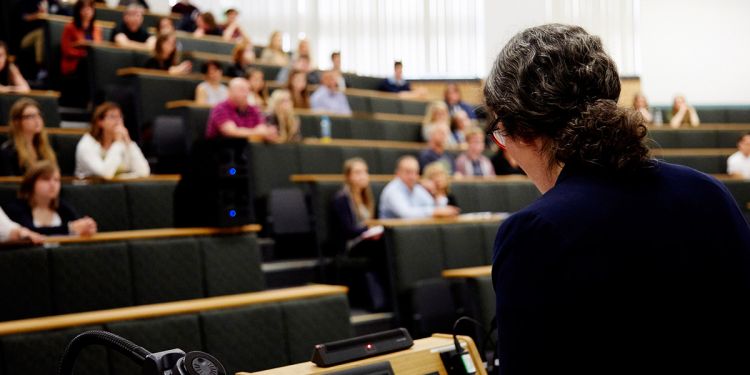What constitutes scholarship in the Arts and Humanities?

- Date: Wednesday 5 February 2025, 11:00 – 13:00
- Location: Baines Wing SR (G.37)
- Cost: Free
Speakers to include Edward Venn (Director of PRIA), Sascha Stollhans (Pro-Dean for Student Education) and Matthew Treherne (Pro-Dean for Research and Innovation)
The Faculty of Arts and Humanities Vision and Strategy Inspiring Futures, Shaping Societies 2025-2030 was launched at the end of 2024. Section 2, ‘Student Education’ positions ‘scholarship, the continual development of pedagogic research, and the effective use of data’ at the heart of student education developments and initiatives. Section 3, ‘Research’ brings together research and scholarship, embeds both within our inclusive, equitable and diverse research environment, and speaks to the ways in which the quality and impact of research and scholarship can be maximised in and of itself and aligned with student opportunity.
However, whereas research expectations have been outlined within Faculty and School cultures, the notion of scholarship (which might take the form of Pedagogic Research, Scholarship of Teaching and Learning, and disciplinary-based educational research) is much less well understood. Consequently, those seeking to engage in scholarship, develop and enhance research cultures around scholarship, or support/line manage staff in their scholarship work (informally but also via AAM/SRDS procedures) are at a considerable disadvantage.
This PRIA session will therefore consider the following:
- What might a helpful working definition of Scholarship look like for the Faculty?
- What might School Scholarship Strategies and/or Scholarship Expectation documents look like?
- How might such notions enhance research culture in individual schools and the Faculty?
- What support is there for developing Scholarship?
Speakers to include Edward Venn (Director of PRIA), Sascha Stollhans (Pro-Dean for Student Education) and Matthew Treherne (Pro-Dean for Research and Innovation).
There will be time for questions at the end of the session.
For further information, please contact PRIACentre@leeds.ac.uk

